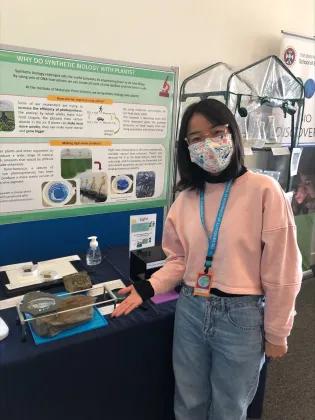When we are not in the lab we are keen to communicate our research as widely as possible with the public. We take part and organise outreach events and share our research through blog posts and with the popular press. Find out more below.
We are always after more opportunities to engage and educate so do get in contact if you want to learn more about our work or think we may be able to help with your activities.


